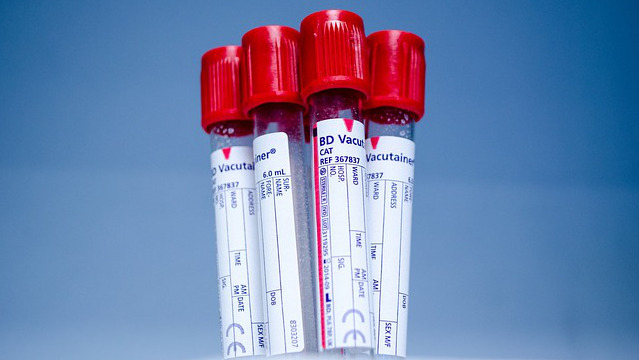 PIXABAY, PUBLICDOMAINPICTURES All blood donations collected across the U.S. should be tested for Zika virus, the Food and Drug Administration (FDA) recommended Friday (August 26).
PIXABAY, PUBLICDOMAINPICTURES All blood donations collected across the U.S. should be tested for Zika virus, the Food and Drug Administration (FDA) recommended Friday (August 26).
“There is still much uncertainty regarding the nature and extent of Zika virus transmission,” Peter Marks, director of the FDA’s Center for Biologics Evaluation and Research, said in the statement. “At this time, the recommendation for testing the entire blood supply will help ensure that safe blood is available for all individuals who might need transfusion.”
Previously, the FDA recommended that blood donations be screened for Zika only in areas where the virus was being actively transmitted—in Puerto Rico, Florida, and other U.S. territories. “The FDA is updating its guidance after careful consideration of all available scientific evidence, consultation with other public health agencies, and taking into consideration the potential serious health consequences of Zika virus infection to pregnant women and children born to women...
According to The Washington Post, Marks told reporters 11 states—Alabama, Arizona, California, Georgia, Hawaii, Louisiana, Mississippi, New Mexico, New York, South Carolina, and Texas—will begin testing blood donations for Zika virus within four weeks. The Wall Street Journal noted Marks said Zika testing should begin in all states within 12 weeks.
“I think there is scientific rationale for why that is important,” Florida Surgeon General Celeste Philip told USA Today. More than 40 people have acquired Zika virus infections in Florida to date.
The American Red Cross, a national emergency response organization, told CNN it would begin to phase in universal Zika testing of all blood donations it collects.
Interested in reading more?




